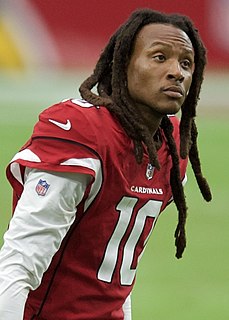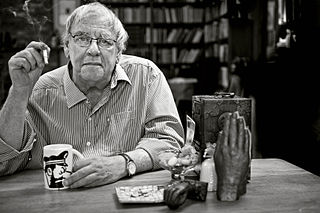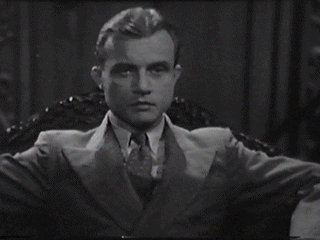A Quote by Michael Dickinson
Although their maneuverability is limited, blind flies can fly remarkably well.
Related Quotes
This is something I haven't told many people, because it's embarrassing. We always used to catch flies with our hands. I was the only one who could catch 'em. One-handed, two-handed. I actually studied flies. I'd watch 'em. How do you catch flies? They fly up. If I can catch that, I can catch anything.
On who the flies landed without being chased away by that person, was on her way to death - this was one of the unmistakeable signs. From that time on, I think, dates my obsession with flies. In times of peace, when we all lied still, I made sure to sneak close up to my mother, watching very carefully that no fly would land on her, - I waved my hat over her body, flies don't like wind and movement.
In our family, there was no clear line between religion and fly fishing. We lived at the junction of great trout rivers in western Montana, and our father was a Presbyterian minister and a fly fisherman who tied his own flies and taught others. He told us about Christ's disciples being fishermen, and we were left to assume, as my brother and I did, that all first-class fishermen on the Sea of Galilee were fly fishermen and that John, the favorite, was a dry-fly fisherman.
If flies are a great model, they're a great model for flies. These animals, you know, they're not like us. We don't fly. We don't have a compound eye. I don't think we process sensory information the same way. The muscles that they use are just incredibly much more sophisticated and interesting than the muscles we use.
We always think, 'Well, for a person who's blind, it must be an amazing, joyful miracle if by some chance their sight is restored to them.' Now, this may be true for blind people who lost their vision at a later age. It's rarely true for people who were born blind or who go blind at a very young age.
The mystical perception (which is only "mystical" if reality is limited to what can be measured by the intellect and senses) is remarkably consistent in all ages and all places. All phenomena are processes, connections, all is in flux...have the mind screens knocked away to see there is no real edge to anything, that in the endless interpenetration of the universe, a molecular flow, a cosmic energy shimmers in all stone and steel as well as flesh.



































